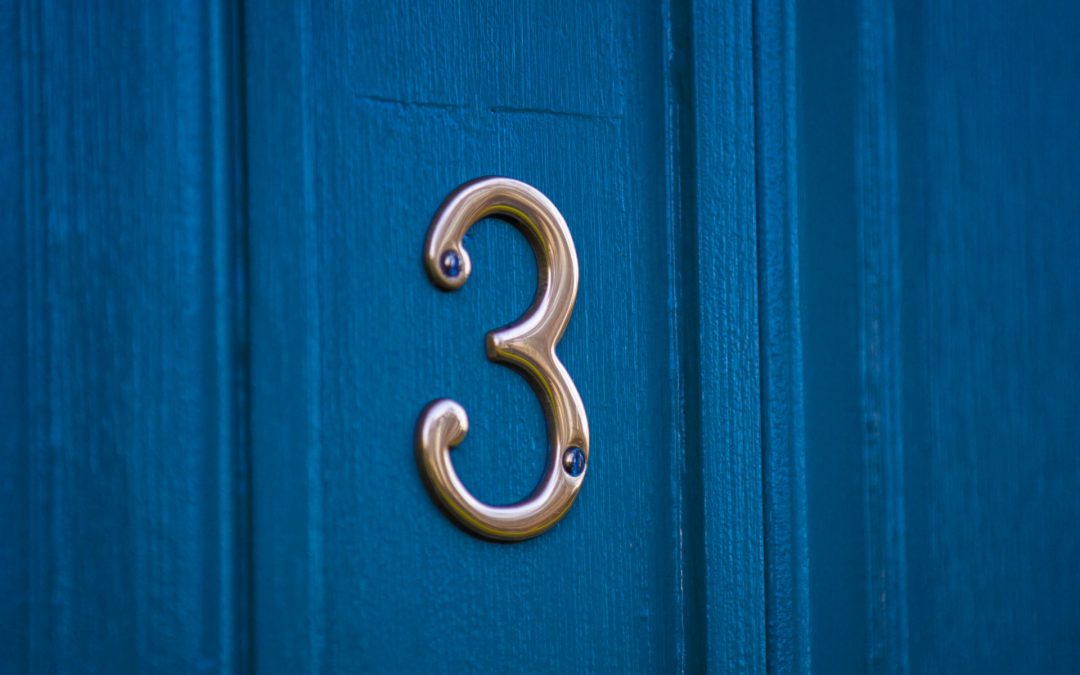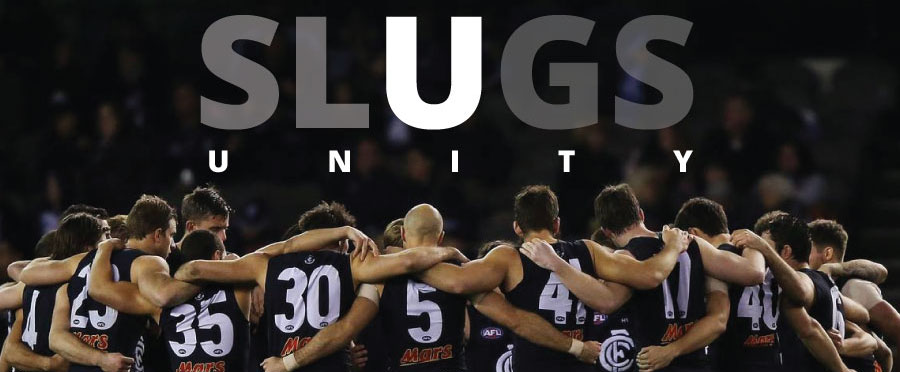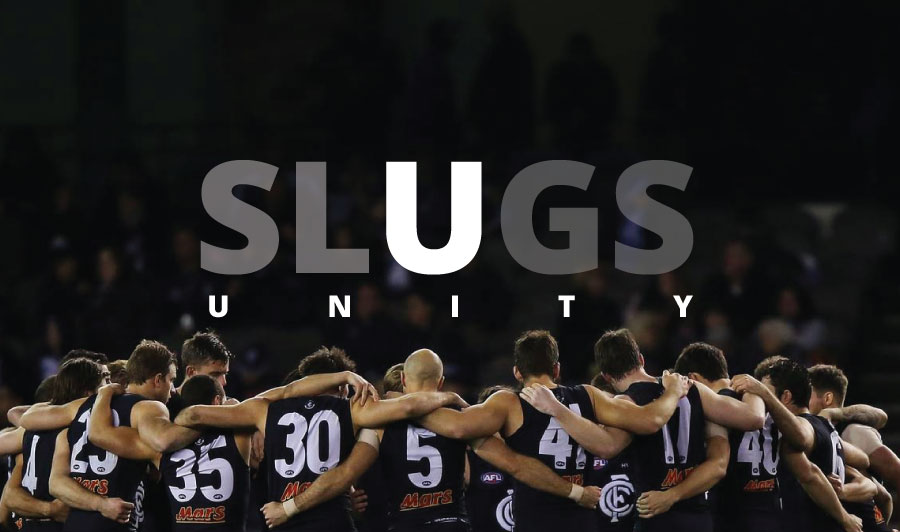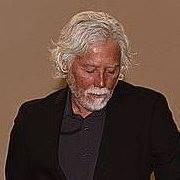UNITY
Recovery Value Three

Unity: Recovery Value Three
Thank Goodness for the 12 Step programs and other support groups available to aid in the recovery process. It is hard to imagine a world without them. Any addict, trauma survivor, or mentally ill person would simply be without one of the greatest resources for healing. The idea of being singularly left on our own to figure out the way to wellness is unfathomable at this point. The true spiritual community, with its loving presence and consistency, provides just what is needed to bring us to the next phase of personal development. The result is more self-confidence and the ability and willingness to help others. This is a method to overcome these serious afflictions.
Unity Day
Joining forces with others active in the recovery process is an empowering experience. “I” becomes “we”. We are in this thing together and we can definitely overcome addiction, traumatic stress, and/or mental illness. It is evident that long term recovery is possible and even likely due to the number of people who have gone before us. They are in the rooms. Their legacy and solutions live on. The basic folk wisdom is present and applicable today and everyday.

Unity: Third Level Recovery
When we join a support group, we are committing to giving and getting acceptance and understanding that is really not available anywhere else. These are like-minded folks with similar life experiences and similar goals. We pull together to accomplish these goals. We win by being totally in this thing together. The possibility of full recovery from addiction, traumatic stress, and/or mental ills is greatly enhanced by attending regular meetings. This just works.

Unity: The Third Recovery Commitment
Joining forces with others leads to success in recovery. We find that there is power in numbers. The more we connect with fellow recovering addicts, trauma survivors, or recovering mentally ill, the more likely positive outcomes will result. So, going to support group meetings, getting contact information from fellow attendees, actually contacting people when necessary, and being there for them, all contributes to recovery. We give and get support. The group succeeds together and love is spread around the room. Soak it up.

 John has a bachelors degree in Sociology and a masters degree in mental health counseling from Wright State University in Dayton, Ohio.
His 40 years professional experience in addictions and mental health programs includes roles of Therapist, Director, CEO, and Consultant in a variety of settings around the United States. He currently works as an independent contract consultant to treatment centers and related programs. He also does public speaking for advocacy groups, civic clubs, treatment programs, and schools.
John has a bachelors degree in Sociology and a masters degree in mental health counseling from Wright State University in Dayton, Ohio.
His 40 years professional experience in addictions and mental health programs includes roles of Therapist, Director, CEO, and Consultant in a variety of settings around the United States. He currently works as an independent contract consultant to treatment centers and related programs. He also does public speaking for advocacy groups, civic clubs, treatment programs, and schools.


